Forex trading, also known as foreign exchange trading, has gained popularity worldwide as a potentially lucrative investment opportunity. However, before diving into the world of forex trading, it is crucial to understand the legal aspects surrounding it, especially in the United Arab Emirates (UAE). In this article, we will explore the legality of forex trading in the UAE, the regulations governing it, as well as the opportunities and challenges for traders.
The UAE, with its robust economy and thriving financial sector, has attracted individuals and businesses from around the globe. Forex trading, as an international decentralized market, offers investors the chance to trade various currency pairs and potentially profit from fluctuations in exchange rates. However, traders in the UAE must navigate through specific regulations and legal frameworks.
Understanding Forex Trading
Forex trading involves the buying and selling of currencies with the aim of making a profit from the changes in their values. Traders speculate on currency pairs, such as USD/AED or EUR/USD, by analyzing economic indicators, political events, and market trends. The forex market operates 24 hours a day, five days a week, making it highly accessible and providing ample trading opportunities.
2.1 What is Forex Trading?
Forex trading refers to the decentralized global market where participants trade currencies. It involves buying one currency while simultaneously selling another. Currency pairs, such as USD/EUR or GBP/JPY, are traded based on their exchange rates.
2.2 How Does Forex Trading Work?
Forex trading occurs electronically over-the-counter (OTC), meaning it takes place directly between participants through computer networks. The market operates 24 hours a day, five days a week, allowing traders from different time zones to engage in trading activities.
Forex Trading Regulations in UAE
3.1 Overview of UAE's Regulatory Bodies
The UAE has established regulatory bodies to oversee financial activities, including Forex trading. The main regulatory authorities are:
Securities and Commodities Authority (SCA)
Dubai Financial Services Authority (DFSA)
Abu Dhabi Global Market (ADGM) Financial Services Regulatory Authority
The legality of forex trading in the UAE is regulated by the Securities and Commodities Authority (SCA). The SCA oversees and supervises financial activities, including forex trading, to protect investors and maintain market integrity. Individuals or companies intending to engage in forex trading in the UAE must comply with the SCA's regulations and obtain the necessary licenses.
Forex trading in the UAE is governed by the UAE Federal Law No. 4 of 2000 concerning the Emirates Securities and Commodities Authority and Market (SCA Law). The SCA Law provides the legal foundation for regulating securities and commodities markets, which includes Forex trading activities.
The SCA requires forex brokers to be registered and licensed to operate legally in the UAE. Traders should ensure they work with regulated brokers who adhere to strict standards of conduct and provide a secure trading environment. It is advisable to verify the license and reputation of a forex broker before investing funds.
5. Forex Trading Restrictions and Prohibited Activities
5.1 Prohibited Forex Trading Practices
While Forex trading is legal in the UAE, certain practices are prohibited to protect investors and maintain market integrity. Some prohibited activities include insider trading, market manipulation, and fraudulent schemes.
5.2 Potential Risks and Investor Protection
Forex trading involves risks, including market volatility, leverage risks, and counterparty risks. The UAE's regulatory framework aims to protect investors by implementing measures such as capital adequacy requirements, investor compensation schemes, and risk disclosure obligations.
6. Legal and Regulatory Compliance for Forex Traders
6.1 Reporting and Tax Obligations
Forex traders in the UAE must comply with reporting requirements and fulfill their tax obligations. It is important to maintain accurate records of transactions and report income for tax purposes.
6.2 Anti-Money Laundering Measures
To prevent money laundering and illicit activities, Forex traders in the UAE must adhere to anti-money laundering (AML) regulations. These regulations include customer due diligence, record-keeping, and suspicious transaction reporting.
7. Trading Forex with International Brokers
7.1 Regulations for Trading with Overseas Brokers
While trading with authorized UAE-based brokers is recommended, individuals may also consider trading with international brokers. However, it is crucial to ensure that the broker is regulated by a reputable regulatory authority.
7.2 Choosing a Reliable Forex Broker
When selecting a Forex broker, it is essential to consider factors such as regulatory compliance, trading platform features, customer support, fees and commissions, and the broker's reputation in the industry.
8. Advantages and Disadvantages of Forex Trading in the UAE
8.1 Benefits of Forex Trading
Forex trading offers several advantages, including high liquidity, 24-hour market access, leverage opportunities, diverse currency pairs, and the potential for profit in both rising and falling markets.
8.2 Challenges and Risks
Despite its benefits, Forex trading also poses certain challenges and risks. These include market volatility, leverage risks, geopolitical factors, economic indicators, and the need for continuous learning and analysis.
Opportunities for Forex Traders in UAE
Forex trading in the UAE offers several opportunities for traders. The country's stable economy, strong currency, and strategic location have attracted global investors. The forex market in the UAE is characterized by high liquidity, ensuring ease of executing trades and minimal slippage. Furthermore, the UAE's financial infrastructure, including advanced trading platforms and supportive regulatory framework, enhances the trading experience.
With the advancement of technology, individuals in the UAE can now participate in forex trading from the comfort of their homes through online trading platforms. These platforms provide access to real-time market data, charts, and analytical tools, empowering traders to make informed trading decisions.
Risks and Challenges
While forex trading presents opportunities, it is important to acknowledge the risks and challenges involved. The forex market is highly volatile and subject to sudden price fluctuations, influenced by various economic and geopolitical factors. Traders should be prepared for potential losses and carefully manage their risk through the use of
risk management tools, such as stop-loss orders.
Additionally, forex trading requires a deep understanding of fundamental and technical analysis. Traders need to invest time and effort in learning and improving their trading strategies. Emotions can also play a significant role, and traders should develop discipline and avoid making impulsive decisions based on short-term market movements.
Tips for Successful Forex Trading in UAE
Educate Yourself: Before venturing into forex trading, gain a solid understanding of the market, trading strategies, and risk management techniques. Continuously update your knowledge through books, online courses, and reputable educational resources.
Choose a Reliable Broker: Select a regulated and reputable forex broker that aligns with your trading needs. Consider factors such as spreads, leverage options, trading platforms, and customer support.
Start with a Demo Account: Practice trading with a demo account to familiarize yourself with the platform and test your strategies without risking real money. This allows you to gain confidence and refine your approach before entering the live market.
Develop a Trading Plan: Establish a well-defined trading plan that outlines your goals, risk tolerance, and trading strategies. Stick to your plan and avoid impulsive decisions driven by emotions.
Manage Risk: Implement risk management tools, such as stop-loss orders and take-profit levels, to limit potential losses and protect your capital. Never risk more than you can afford to lose.
Conclusion
Forex trading in the UAE offers a range of opportunities for individuals interested in participating in the global currency markets. However, it is essential to understand the legal aspects and regulations governing forex trading in the UAE. By adhering to the Securities and Commodities Authority's guidelines, choosing reliable brokers, and implementing effective risk management strategies, traders can navigate the forex market successfully.
Is forex trading legal in the UAE?
Yes, forex trading is legal in the UAE, regulated by the Securities and Commodities Authority (SCA). Traders should ensure they work with licensed brokers and comply with the SCA's regulations.
What are the regulatory bodies overseeing Forex trading?
The regulatory bodies overseeing Forex trading in the UAE are the Securities and Commodities Authority (SCA), Dubai Financial Services Authority (DFSA), and Abu Dhabi Global Market (ADGM) Financial Services Regulatory Authority.
Can I trade forex from the UAE using online platforms?
Yes, individuals in the UAE can trade forex using online platforms. These platforms provide access to the global forex market and offer real-time data and analysis tools.
What are the risks associated with forex trading?
Forex trading involves risks such as market volatility, currency fluctuations, and economic events. Traders should carefully manage risk, use appropriate risk management tools, and continually educate themselves.
How can I obtain a Forex trading license in the UAE?
Obtaining a Forex trading license in the UAE requires fulfilling specific requirements set by the regulatory authorities. The process involves submitting an application, meeting capital adequacy requirements, and demonstrating compliance with regulatory standards.
How can I choose a reliable forex broker in the UAE?
When selecting a forex broker in the UAE, consider factors such as regulation, reputation, trading conditions, customer support, and available trading platforms.
What are the prohibited practices in Forex trading?
Prohibited practices in Forex trading include insider trading, market manipulation, and fraudulent schemes. Engaging in such activities can lead to severe legal consequences.
Is forex trading suitable for beginners?
Forex trading can be challenging for beginners, but with proper education, practice, and a disciplined approach, individuals can learn and succeed in forex trading.
Forex trading is legal in the UAE and offers significant opportunities for investors. However, it is crucial to understand the legal framework, comply with regulatory requirements, and be aware of the risks involved. By following the guidelines set by the regulatory bodies and conducting thorough research, individuals can participate in Forex trading activities with confidence.
Remember to conduct thorough research and consult with financial professionals before engaging in forex trading to ensure it aligns with your financial goals and risk tolerance.
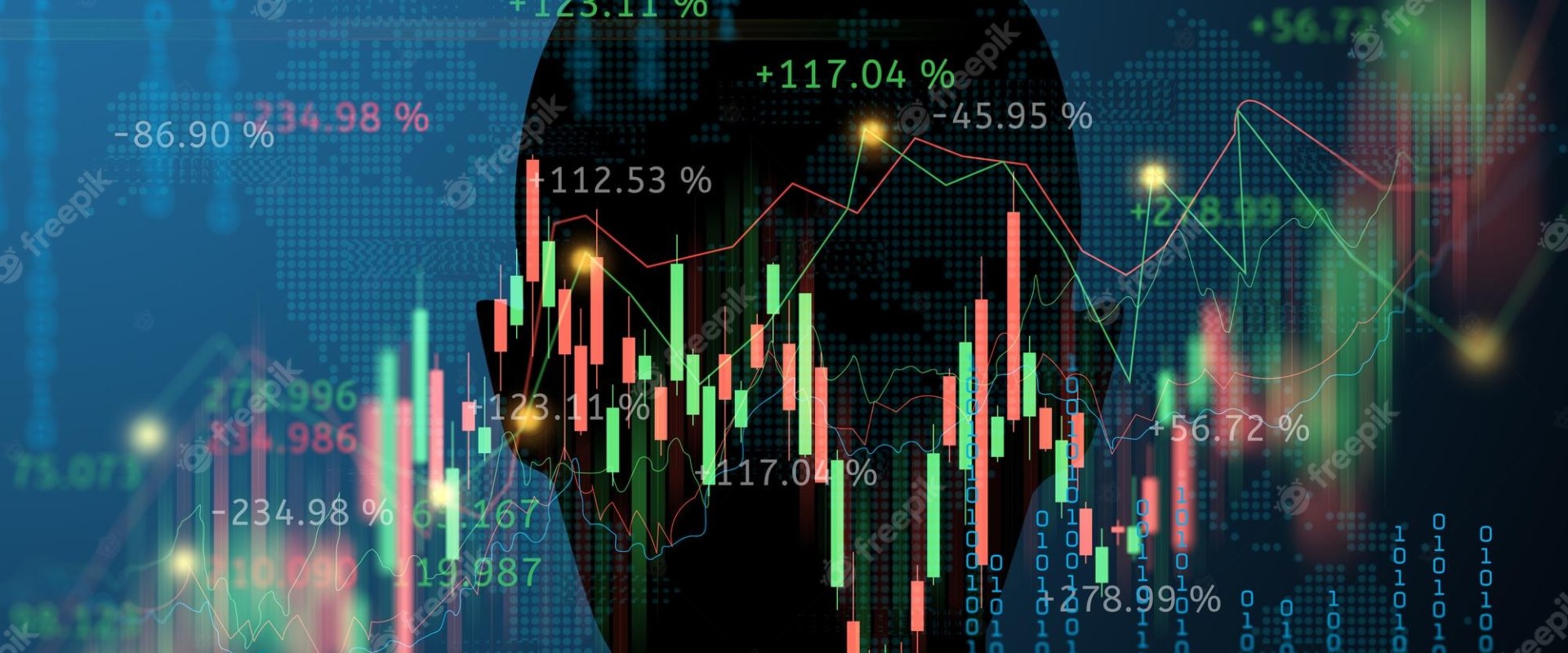
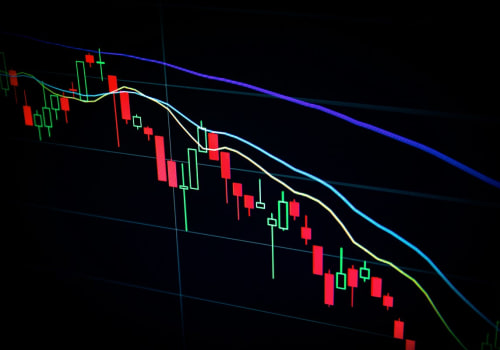
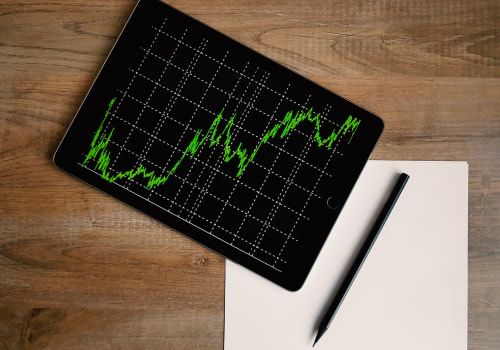
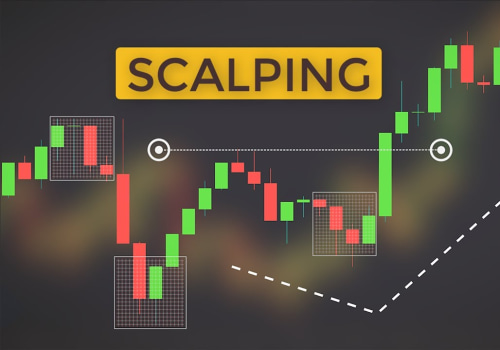
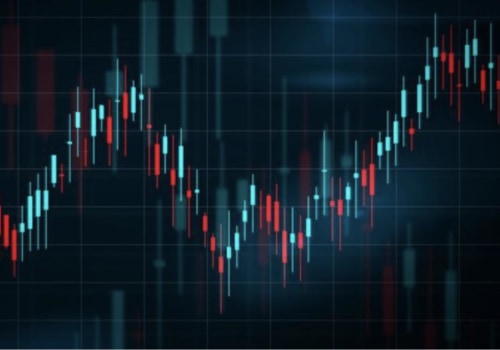
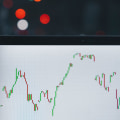




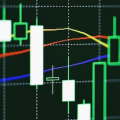
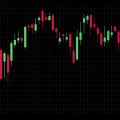
Leave Reply